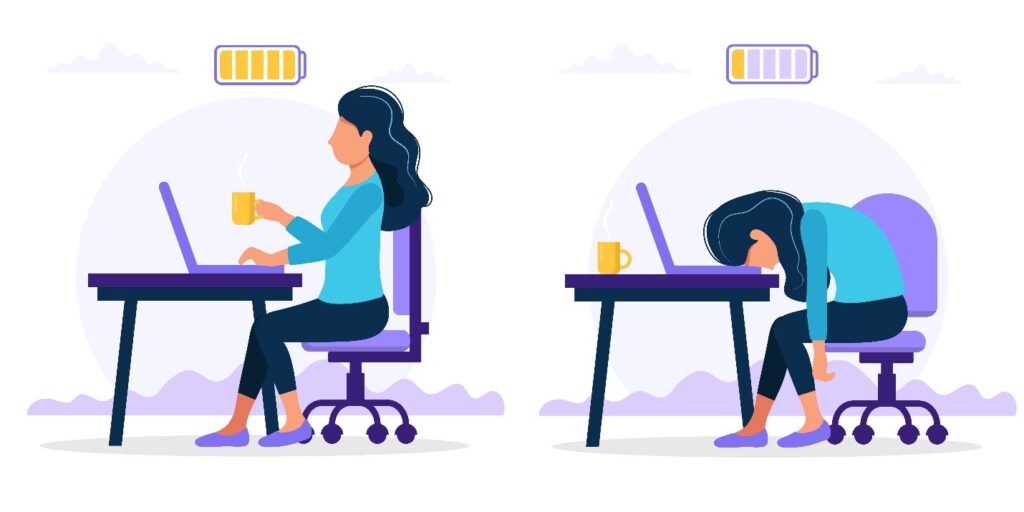
I don’t know about you, but in a world marred by COVID-19 and the systemic racism punctuated by the George Floyd tragedy, I’ve been chugging through my practice in a state of unparalleled energy depletion. Many of my colleagues have said the same thing. It got me to thinking about what is happening.
COVID-19 certainly has been a game changer for the practice of criminal law. When the reality of COVID-19 (hereafter referred to as “covid”) hit, I, like most of us, was pretty stunned and spent a short bit of time trying to gain my bearings. Almost instantly, however, I had to shift from mere human mode to “human but still criminal defense attorney” mode.
Whiplash ensued as I tried to figure out the changing protocols for keeping in touch with clients and appearing in court as things quickly shut down here in California. And that was just the practical side. The legal quagmires started rolling in which contorted my tired, covid-fearing brain as I sifted through the best viable options for clients. This great unknown has created endless challenges that will keep our appellate courts busy for decades.

Like a beacon in the night, I started getting daily emails from a hastily formed group of national federal defense attorneys that got us all connected with shared resources, law and case updates from around the country. Never before have I been so proud of our profession and so thankful to be among the ranks of lawyers, and human beings, who were able to accomplish so much under these trying circumstances. It was these daily briefings that gave me the foothold to face one of the most emotionally draining covid issues in my practice: the safety of my clients in jail and prison.
As we know, the health issues facing our client population in custody are deplorable on a good day in non-covid times. We routinely face that fact. Likewise, the systemic racism affecting them, that has caused the rest of the nation to wake up is, for us, nothing new or surprising. We have dedicated our careers to fighting this insidious enemy.
Seeing covid’s interplay with systemic racism increase the injustice faced by our clients, however, was new. Trying to explain this in a coherent bail motion (while monitoring the toilet paper and hand sanitizer stash) was exhausting.
I spanned many days, working day and night, on covid bail motions. During this time, I recall very little else going on in my life. My partner would drop bowls of potato salad on the table as I worked. I don’t know why he chose potato salad but I didn’t question my sole source of nutrition. I subsisted on green tea and potato salad for days. I lost track of time completely. Days were marked by bowls of potato salad being dropped off in between stretches of time sleeping on the couch with my cursor blinking on my nearby laptop. It was like being in trial in my pajamas while the world outside was hoarding frozen vegetables and mumbling about martial law.
I lost my covid bail motions. My clients remain in peril in custody suffering health conditions that embroil them in a game of covid Russian roulette.
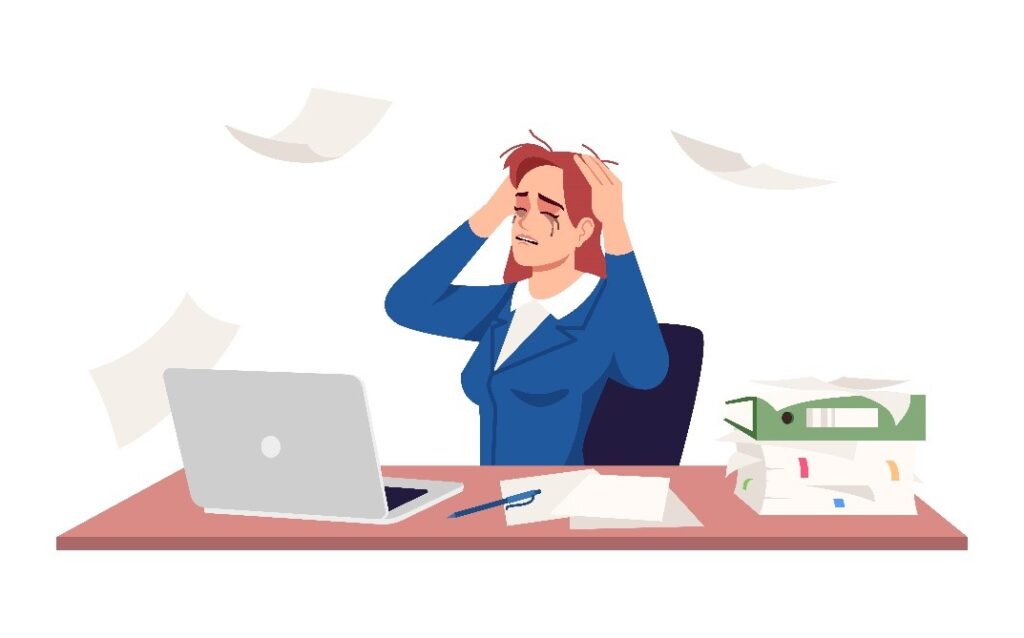
After I lost the first one, I cried for a long time. I wasn’t sure why. I’ve lost bail motions before. I am well acquainted with how the sausage grinder of the criminal justice system grinds our clients, and our hearts, into little pieces by blindly ignoring truths. It took me days to recover, physically and emotionally, and to get back to the regular demands of practice.
After some retrospection and troubleshooting, I have identified the cause of my unusually intense sorrow. I found myself at the intersection of decision fatigue and compassion fatigue. I think many of you may be here too and, for you, I offer these thoughts.
Decision Fatigue – Hidden Barrier #1
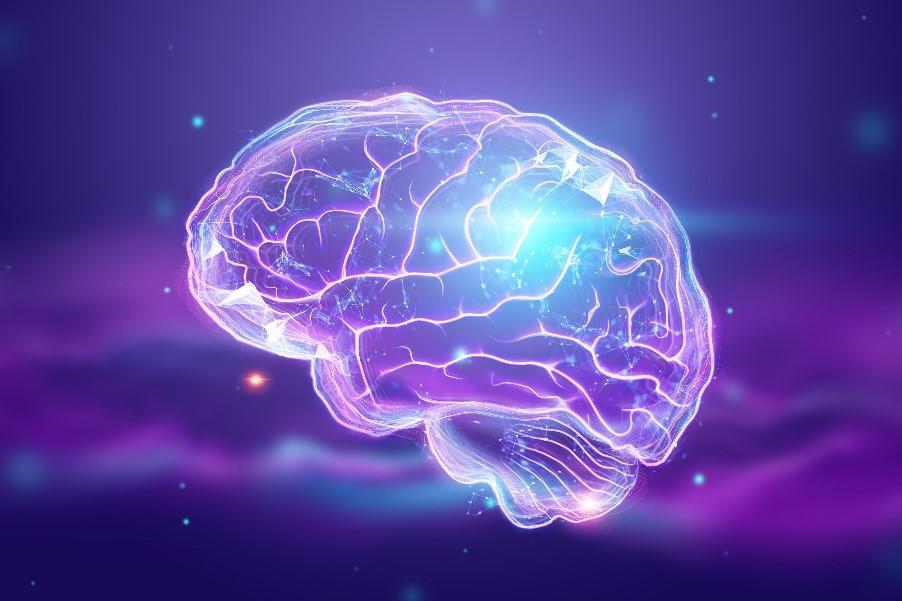
We teach about decision fatigue in the nonprofit I co-founded (Ascend – www.ascendprogram.com) and in the workforce training company that is related to Ascend (www.humansat.org). I tell you this not to plug our sites, although we love having people know what we do, but to explain that I’ve seen decision fatigue in action in the years I’ve taught it. I know it very well. I’ve seen it change lives of those who manage it well. It is probably one of the single biggest hacks I’ve found to manage my well being as an attorney and a person.
Decision fatigue describes the condition our brain finds itself in when we’ve depleted it of decision making energy. To simplify, we have a decision making gas tank in our brain. It drains at regular intervals depending on how many decisions we make (even the tiniest decisions drain the tank). When we are drained, the brain shifts to two basic defense mechanisms that it deploys until the tank gets refilled:
- desire to procrastinate and…
- desire to be reckless.
This may explain why, after a day of handling a criminal calendar, you decide to avoid going to the grocery store (decisions on what to buy – egad – let’s procrastinate!) and, instead, get a donut on the way home (reckless behavior when compared to, say, eating a veg filled stir fry). This may also explain why you put off starting legal research on some sticky covid legal quagmire and decide to get on social media or do some other brain numbing task.
The perfectionists among us (which, let’s be frank, are probably all of us control freak, detail oriented criminal defense lawyers) will revert to shaming ourselves for this behavior. We WILL get everything done, as we always do, but our self-care will suffer. We will sacrifice what we need in order to get the job done and then wonder why we are exhausted. In reality, the brain was not getting what it needed. Willpower is not endless and it is not controllable once we are already in decision fatigue. The self-shaming comes when we hit the mental wall and fail to keep going because we are on an empty tank. The self-shaming is wholly misplaced.
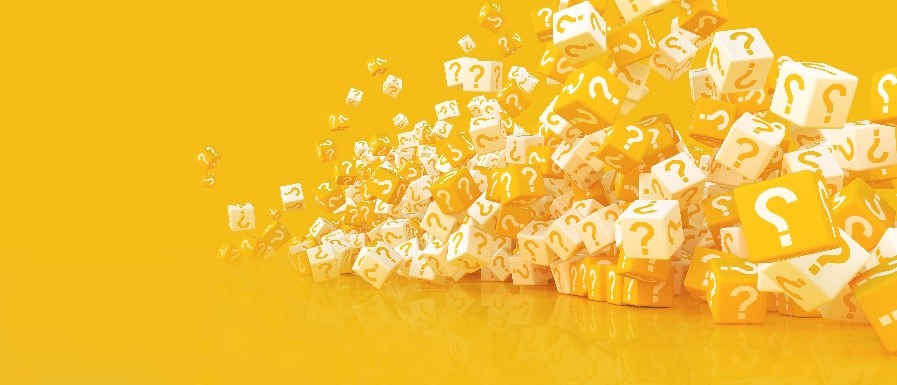
So, what can we do to get out of this cycle? It turns out that decision fatigue has two simple remedies: (1) glucose and/or (2) rest. When the brain craves sugar/carbs (glucose) and when it wants you to stop working (rest), it is really just begging you to give it one or both of these remedies. If you find healthy ways to provide these necessary energy sources for your brain, it will rebound with amazing speed. You would be shocked at how the legal research seems more doable if you take a break, do some yoga or sit and stare at the clouds a bit (rest) and have a nectarine (glucose). This also satisfies the self-care that we all so desperately need.
Decision fatigue is also about managing our life. We all find ourselves in decision fatigue with regularity but we can stall it by lowering the decisions we make daily. For example, having food made for the week means there are no choices when we are tired and looking for dinner. Building habits and routines means we can tax our willpower less (which works in tandem with decision fatigue) and get more done on autopilot. Putting a yoga mat by the desk and using an app for poses means that, when we are stressed, we can get right to yoga without deciding on a routine and looking for our mat. Why is looking for the mat a problem? That doesn’t seem like a decision. Oh but it is…should I check the closet or car trunk first? That’s a decision.

Decision fatigue also comes with dealing with dysfunctional people in our personal and professional lives. Avoiding/managing that issue is a much larger task but, in the meantime, we can at least anticipate the decision fatigue that will come from those interactions and be prepared by having a few nectarines at the ready.
Knowing that you are lawyers, I’m going to satisfy your craving for footnotes and doing your own research, so I put decision fatigue article here.[1]
[1] https://www.nytimes.com/2011/08/21/magazine/do-you-suffer-from-decision-fatigue.html
Compassion Fatigue – Hidden Barrier #2
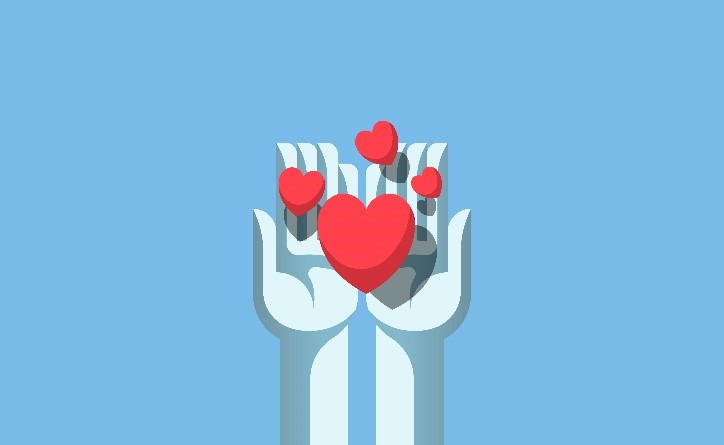
I often think of criminal defense lawyers as the oncologists of the legal profession. Our news for our clients mostly exists in shades of life-altering bad. Even the purest joys, like acquittals and dismissals and the joyous hugs that come after a client is freed on charges he should have never faced, still leave everyone shell shocked. As we know, those happy times are few and far between.
Mostly we look at the horror of the worst of our societal ills played out, and whitewashed, in the courtrooms where we spend our days. We try to control the uncontrollable with varying success. Systemic racism, poverty and trauma blanket our work and our heart. We see the blood in the trenches that can never be conveyed in short news snippets and that is too complicated to explain to those who don’t experience it or work in it.
In other words, our compassion is heavily taxed in normal times. Add covid. Add the blindness and indifference of a criminal justice system to covid fear and consequences for people locked up in prisons and jails (and their families). Add the band-aid being ripped off the festering wound of police brutality and systemic racism and the variety of uninformed or just hateful responses. This time in our history is taxing most people’s compassion. For those of us running on compassion fumes in regular times, it is going to hit us like a freight train. You may find yourself, for example, uncontrollably crying in your car after losing a bail motion…..Come to think of it, maybe I was also in potato salad withdrawal. But it was mostly the compassion fatigue.
So, what can we do about compassion fatigue? Set boundaries for what comes into your purview and set aside time for self-care. Instead of reading every detail of covid or protest coverage, set aside some of that time to stare at the clouds and do deep breathing. Go on a low information diet. Bring awareness to the fact that you are prone to compassion fatigue and put together a compassion fatigue protocol to help you cope on the fly. None of this will detract from your clients and your kindness. It will only add to yourself. And you deserve to direct some of the compassion that you put out into the world inward.
To soothe your lawyer soul, here is your footnote research fix on Compassion Fatigue 2.
(2).https://www.americanbar.org/groups/lawyer_assistance/resources/compassion_fatigue/
http://legalnews.com/detroit/1442085
Intersection of Decision Fatigue and Compassion Fatigue: Flying Face First into a Brick Wall!
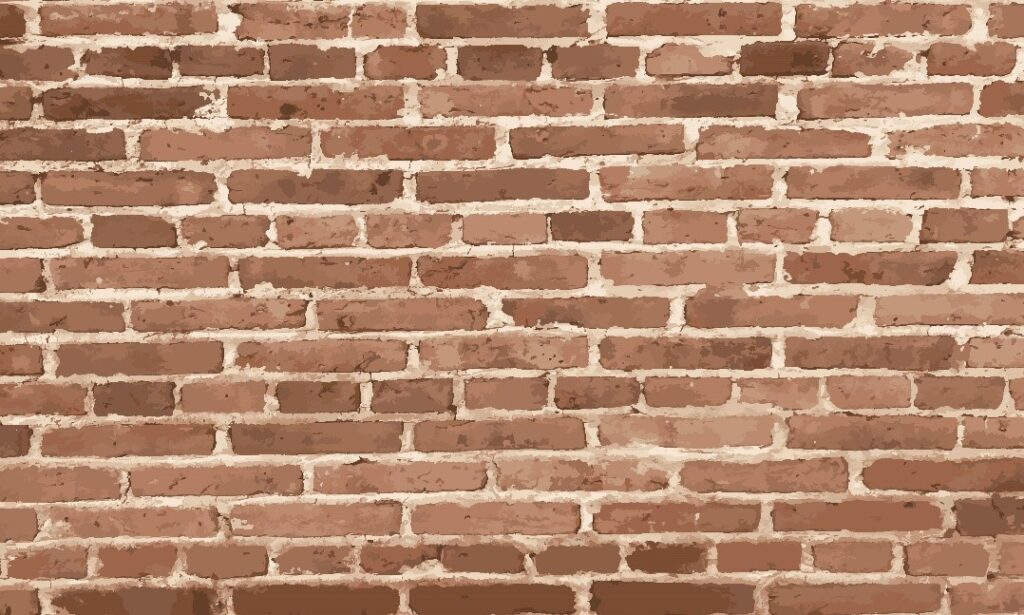
As we try to navigate this quickly changing covid criminal court system world, we are fraught with excessive professional decision fatigue. We are saddled with keeping an objective, steady hand as we guide our clients through cases in a covid world. We are tasked with being lawyer and crystal ball reader in one.
As we navigate the covid world irrespective of the criminal justice system, we are fraught with excessive personal decision fatigue. We try to keep up with all the decisions relative to keeping ourselves, and our loved ones, safe from covid. Bringing groceries home has become a landmine of deciding what packages to spray with sanitizer. We have to keep the car at the ready with masks and filled sanitizer bottles for excursions out. These are all decisions (keeping organized, keeping track of the mask, evaluating risks of nearly all behavior in a new light). And this is just for ourselves. If we have loved ones with risk factors and/or people living with us, the decisions are exponential. I don’t have little children in the home but, if you do, I have no idea how you can even form full sentences at this point.
So, we know we are in major decision fatigue daily. What about compassion fatigue?
I was already in potato salad territory when the George Floyd tragedy happened. I had been going through the sadness coming from getting up to speed on covid district court decisions from across the nation and listening to my clients fears. Then the protests and riots. Then the negative, uninformed responses that followed soaked into me and besieged me with a unique and persistent weariness.
A very tired decision fatigued brain and a very weary compassion fatigued heart brought me to a full unexplained face plant. With the law practice, you must keep going, so I kept doing things. But I felt like I was walking through wet cement and I felt the familiar symptoms of burnout coming on.

I started incorporating more self-care into my days to get grounded even though the siren call of my to do list persisted. I worked on awareness and I talked to some close colleagues and a therapist. These early interventions have enabled me to gain my sea legs again. Through these processes, I realized that decision fatigue and compassion fatigue are incredibly powerful barriers that endanger my well being and productivity. I imagine you may have this same experience. I realize that self-care, in this moment in history, is nothing short of a survival skill.
Support in this Crazy World
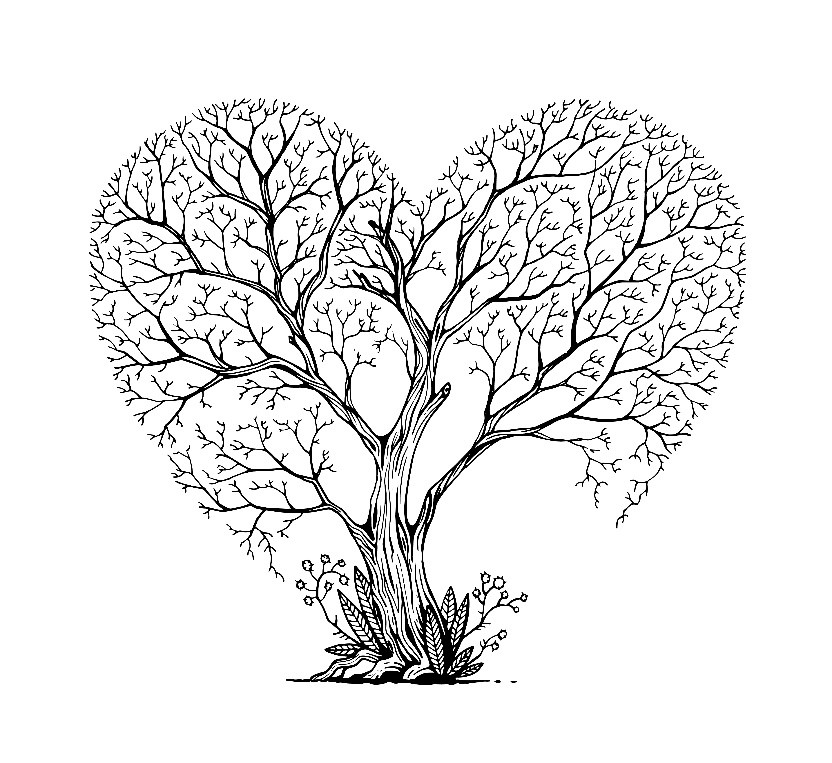
I constantly remind myself that gratitude is the attitude. I’m grateful every day that I have an income, that I haven’t contracted covid and that I am not currently directly enduring the racism, trauma and poverty that many people must handle daily. I’m a bystander of sorts and this is breaking my heart. I cannot imagine how so many are even staying as stalwart, sane and kind as they are in the world right now.
I’m hoping to be of some comfort to you in case you are struggling as I have been. Here are a few articles that helped me as I renewed my focus on self-care.[3] The last article in the footnote is a good push for those of you, like me, who fall into self-care denial: “Self-care isn’t selfish and can actually help your performance.”
https://www.abajournal.com/magazine/article/self-care-mommy-lawyers
I’m here cheering you on, being inspired by you and sending you tremendous love. Our experiences as criminal defense attorneys during these insane times are unique but I’m here to remind you that, even if you are solo, you are not alone.
Yours in Peace and Solidarity, Toni